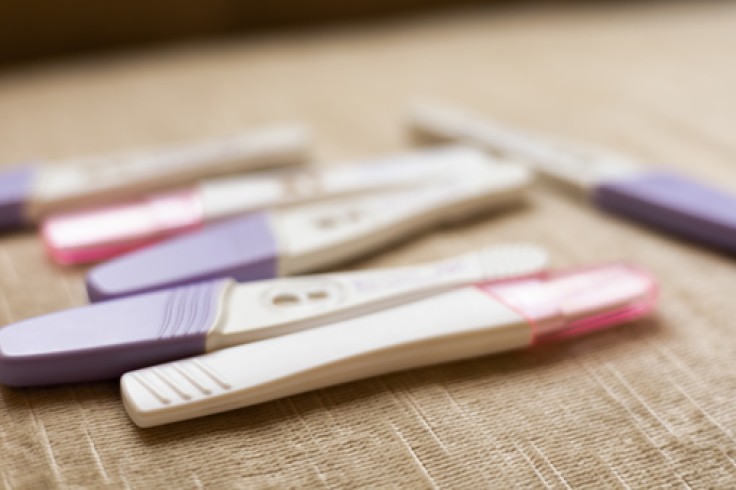Infertility has been a problem for some who wish to create a family, which may cause distress, stigma, financial hardship, and one's mental well-being. While some treatments are too expensive, others are too limited.

1 in 6 People Experience Infertility
The number of people who experience the condition is alarming enough for the World Health Organization to take notice. 17.5% of the global population will experience this in their lifetime, with most not having the means to resolve the issue.
The estimates provided by the health organization show little difference. As Dr. Tedros Adhanom Ghebreyesus, Director-General at WHO says: "Infertility does not discriminate," expressing the urgent need to increase access to affordable and high-quality fertility care.
The percentage of prevalence of infertility in various countries is almost similar, which indicates that it is a global health challenge. A lifetime prevalence of 17.8% can be seen in high-income countries, and 16.5% in low and middle-income countries.
Infertility, which is a disease of the reproductive system, is defined as the failure to conceive or impregnate in the span of 12 months of regular and unprotected sexual intercourse. Still, solutions to prevent, diagnose, and treat the condition are underfunded and inaccessible.
In most countries, fertility treatments are paid for by those who want to take them, which could prove to be a huge financial issue for people with middle to low-income rates, resulting in them not being able to have a child born to them.
Dr. Pascale Allotey, Director of Sexual and Reproductive Health and Research at WHO expressed that millions face the healthcare cost after seeking treatment, calling it a "poverty trap" for those who are affected by it.
Infertility Solutions and Costs
Men and women will have to undergo several tests to determine how to treat their infertility. Evaluation costs alone can already cost hundreds of dollars. A visit to a reproductive endocrine fertility specialist could cost around $200 to $400.
A pelvic ultrasound ranges from $150 to $500, with fertility-related blood tests costing $200 to $400, and semen analysis or sperm test costing $50 to $300. Should the test show that a person needs treatment, then it will most likely cost thousands of dollars more.
Basic fertility treatments can go from $10 to $6,000. Monitored Clomid cycle treatment, which involves blood and ultrasound testing as well as sperm processing and insemination can cost around $800 to $4,000.
Monitored injectable FSH cycle can cost up to $6,000, with the price of injectable infertility drugs for an injectable FSH cycle at $1,000 to $3,500. IVF treatment, wherein the egg cell is extracted and fertilized with sperm in a lab, can cost significantly higher.
Egg freezing or preservation, according to the Advanced Fertility Center of Chicago, can cost up to $7,500. IVF (In Vitro fertilization) cycle can cost up to $11,500, which can soar to $13,500 when ICSI costs are included.
An IVF cycle with donor eggs would cost more than twice the average price with a high price of $28,000. That's aside from the injectible fertility medication needed for the IVF cycle, which will cost up to $6,000 per shot.









